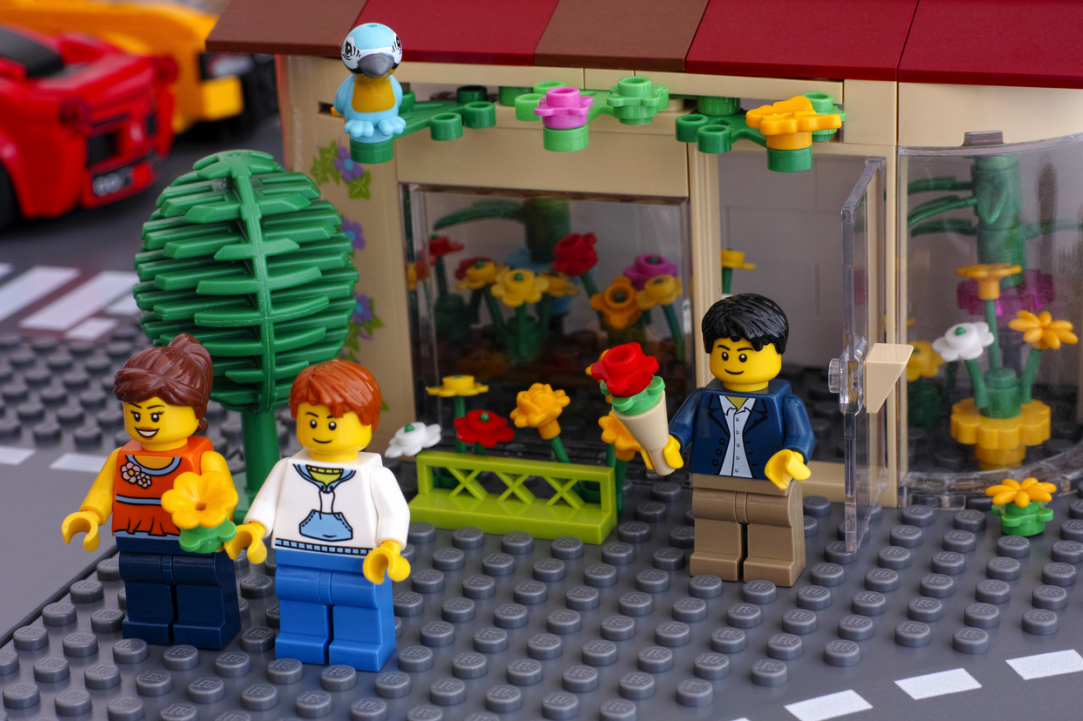
Toys Prove to Be Better Investment Than Gold, Art, and Financial Securities
Unusual ways of investment, such as collecting toys, can generate high returns. For example, secondary market prices of retired LEGO sets grow by 11% annually, which is faster than gold, stocks, and bonds, HSE University economists say. Their paper was published in the Research in International Business and Financejournal.

New Educational Revolution: Russian and Global Online Learning Trends Discussed at eSTARS 2021
eSTARS 2021, an international online conference organized by HSE University in partnership with Coursera, has taken place for the fourth time, attracting more than 1,300 participants from about 50 countries. Participants included education administrators, academic leaders, and representatives of leading EdTech companies. The conference featured about 100 research presentations.
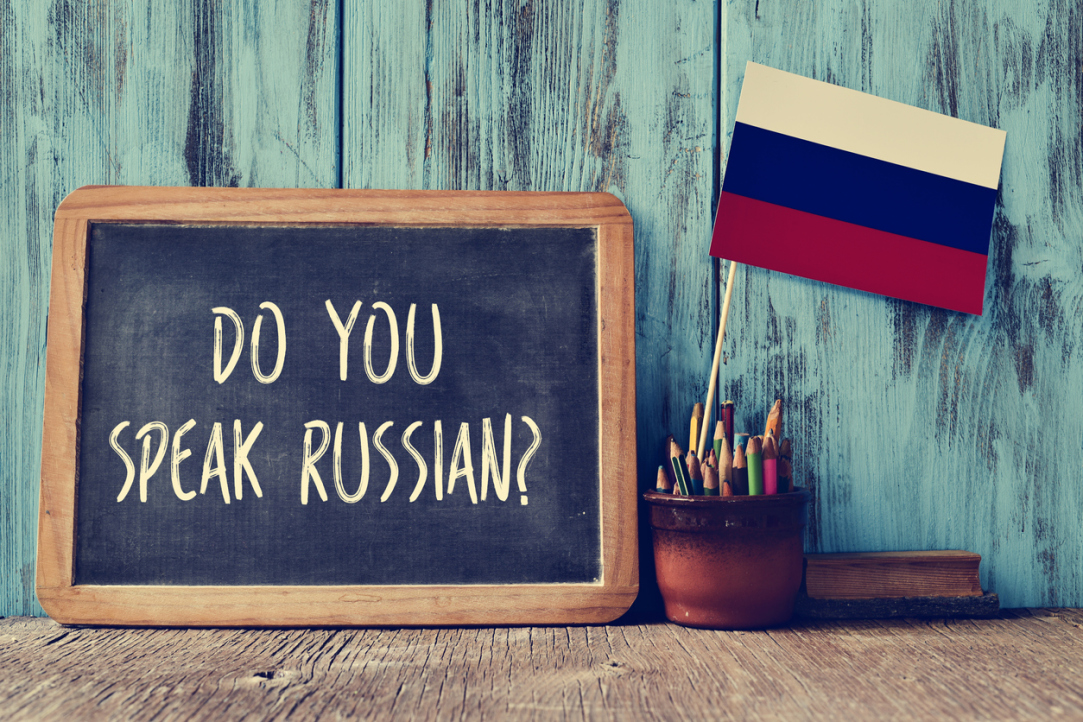
Let's Learn to Speak Russian
A growing number of HSE University’s international students are actively learning Russian, even if their degree programme is taught entirely in English. To help them build fluency, the HSE University Preparatory Programme launched a Russian Speaking Club for its students in March 2021. Now, all HSE University's students, regardless of the programme they are in, can take part in the meetings.
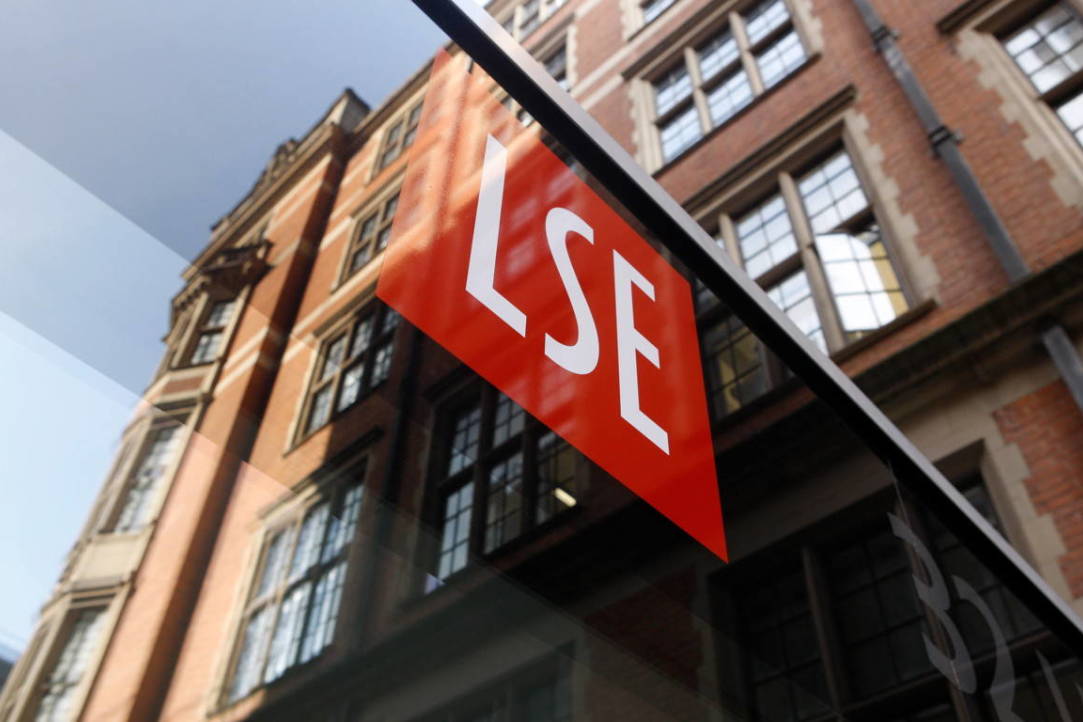
Students of HSE Double-Degree Programmes Top London Exams Again
The results of exams organized by the University of London (UoL) and the London School of Economics (LSE, a constituent college of UoL) have been announced. Students of HSE ICEF, the HSE Faculty of World Economy and International Relations (WEIA) and the HSE Faculty of Computer Science (FCS) have achieved the highest grades in a variety of subjects and confirmed their reputation as the top representatives of international programmes. Fourteen HSE students received awards for their academic achievements.

Researchers Propose Method to Increase Charge of Supercapacitors
Researchers from HSE MIEM and the Institute of Non-Classical Chemistry in Leipzig have proposed a new theoretical model of supercapacitors that takes into account the properties of a cation, which considerably impacts the electric differential capacitance of supercapacitors. This is the first publication of its kind in electrochemistry. The authors believe that the model will allow engineers to create more powerful energy sources in the future. The results of the study were published in The Journal of Physical Chemistry C. The study was completed with support from a grant by RSF.
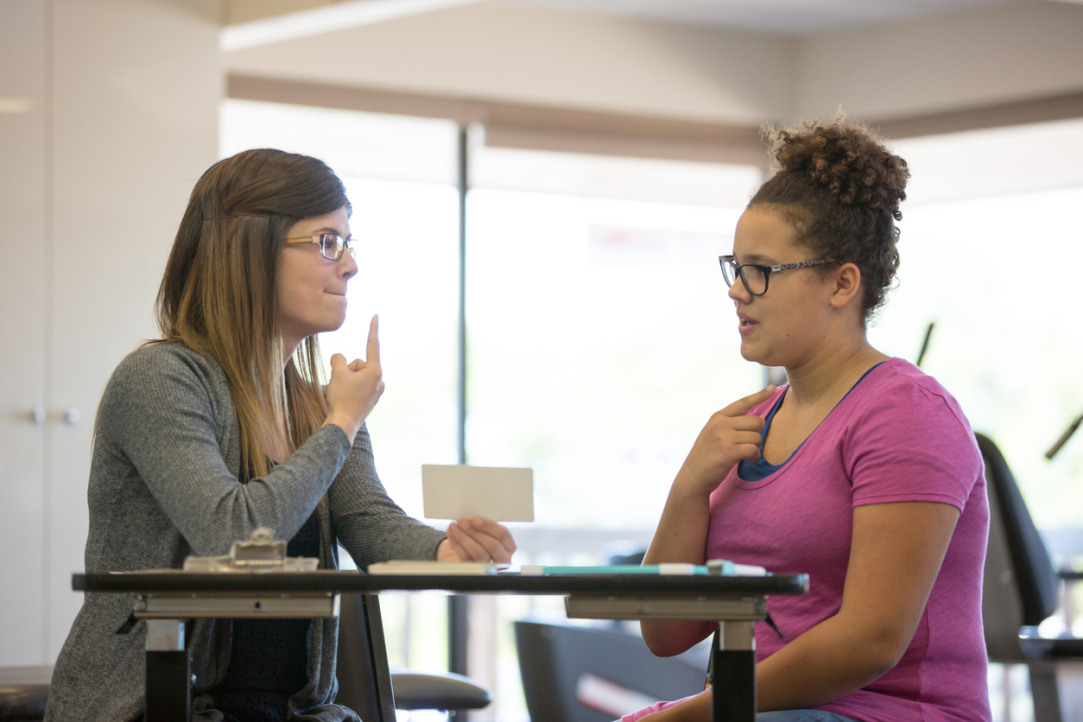
HSE University Researchers Develop First Standardized Russian-Language Test for Aphasia-related Disorders
Researchers from the HSE University Centre for Language and Brain have created and standardized a new test battery for diagnosing language disorders in people with brain damage. The test is the first standardized assessment tool in Russia in the field. The paper entitled ‘The Russian Aphasia Test: The first comprehensive, quantitative, standardized, and computerized aphasia language battery in Russian’ has just beenpublished in the PLOS ONE journal.
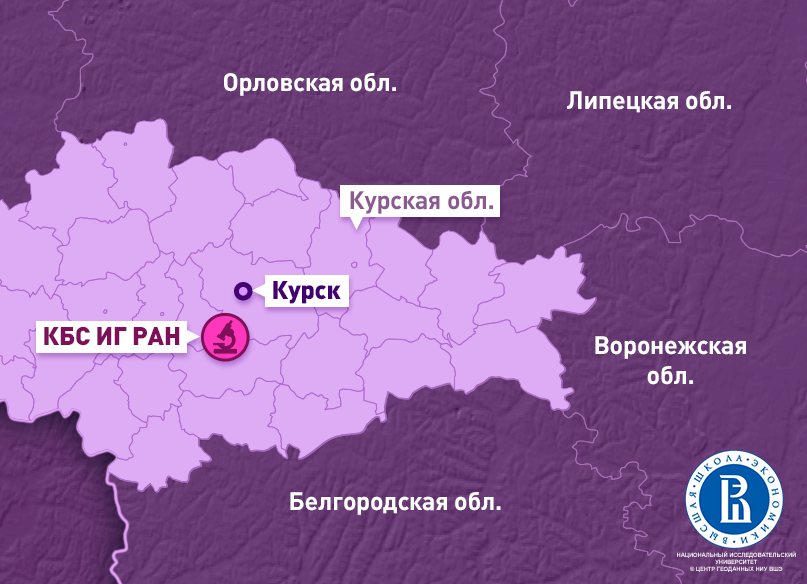
‘We Know Where to Find Geoinformation and How to Work with It’
In October, the HSE Faculty of Geography and Geoinformation Technology launched the Geodata Centre. In addition to developing its own research and commercial projects, the Centre provides auxiliary educational services related to the collection and processing of spatial data, performs geographic analysis, captures video and photo using drones, and processes data received via remote probing of the Earth. Tatiana Aniskina, Head of the Centre, speaks about the importance of geodata.

Faculty of Social Sciences Launches New Joint Seminar Series with New York University
In November 2021, HSE University’s School of Politics and Governance and the Jordan Center for the Advanced Study of Russia (New York University) started a new partnership project that involves regular joint online seminars. Denis Stukal, Deputy Dean of the Faculty of Social Sciences and Deputy Director of the Institute for Applied Political Studies, has commented on the initiative.
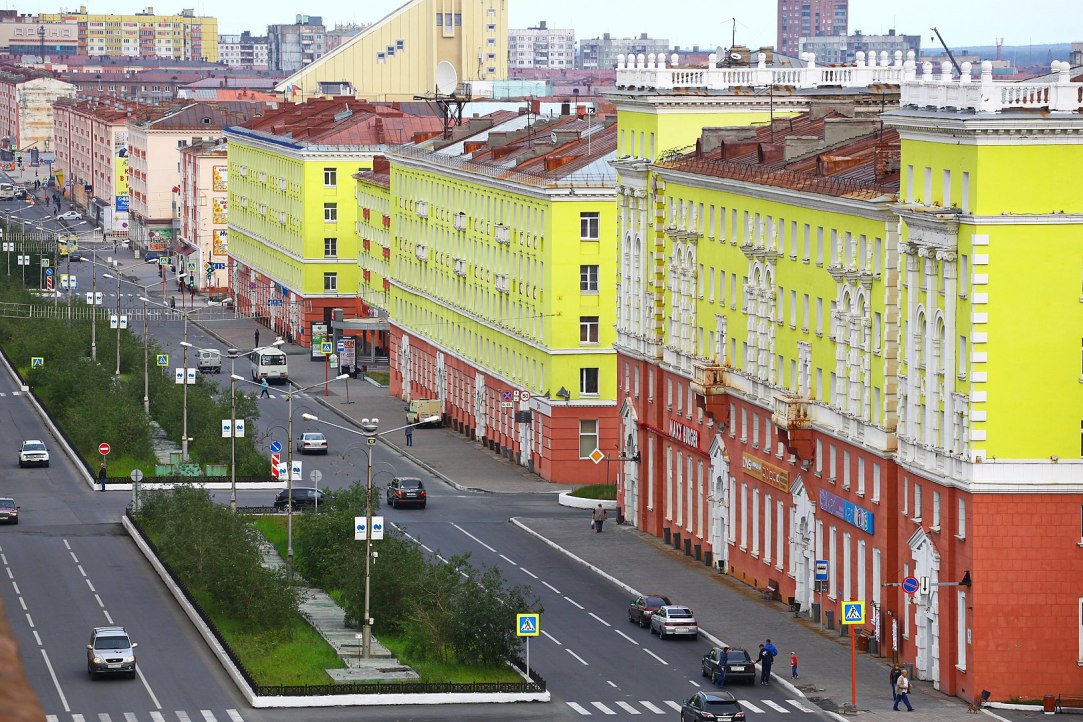
HSE University Named Finalist of Norilsk Renovation Competition
The Open International Architectural and Planning Concept Competition for the Renovation of Norilsk up to 2035 received a total of 27 submissions from 12 individual applicants and 15 consortiums from 13 countries. Eight applications made the competition shortlist, from which three finalists were selected by jury vote. One of the finalists was the consortium of HSE University, the ABTB Architectural Bureau, and the Paris-based PETITDIDIERPRIOUX Architectes firm.
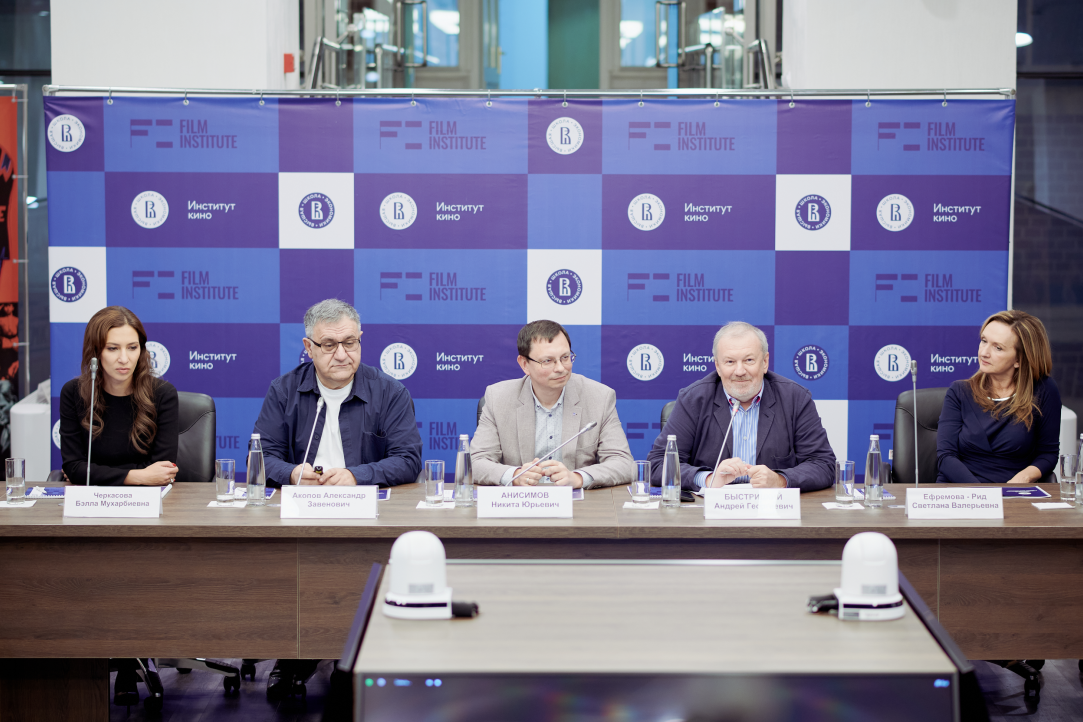
How HSE University’s Newly Launched Film Institute Will Work
The founders of the HSE Film Institute have described it as an alternative to acknowledged film schools, a brand-new approach to cinema education, and a place to learn acting skills under the industry’s best teachers. On November 22, HSE University Rector Nikita Anisimov welcomed renowned Russian film producers, actors and other industry professionals to an event dedicated to the new institute.

